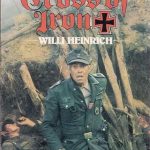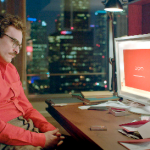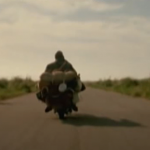🎬 Europa (1991)

🎬 Europa (1991) | Barbara Sukowa, Jean-Marc Barr
Europa (1991), also known as Zentropa, is a hauntingly artistic film directed by Danish auteur Lars von Trier. Blending surrealist visuals with historical drama, the movie is widely regarded as one of von Trier’s masterpieces and a landmark of European cinema. With striking performances from Barbara Sukowa and Jean-Marc Barr, Europa immerses viewers in a hypnotic tale of guilt, morality, and shattered identities in the aftermath of World War II.
🌍 Setting and Context
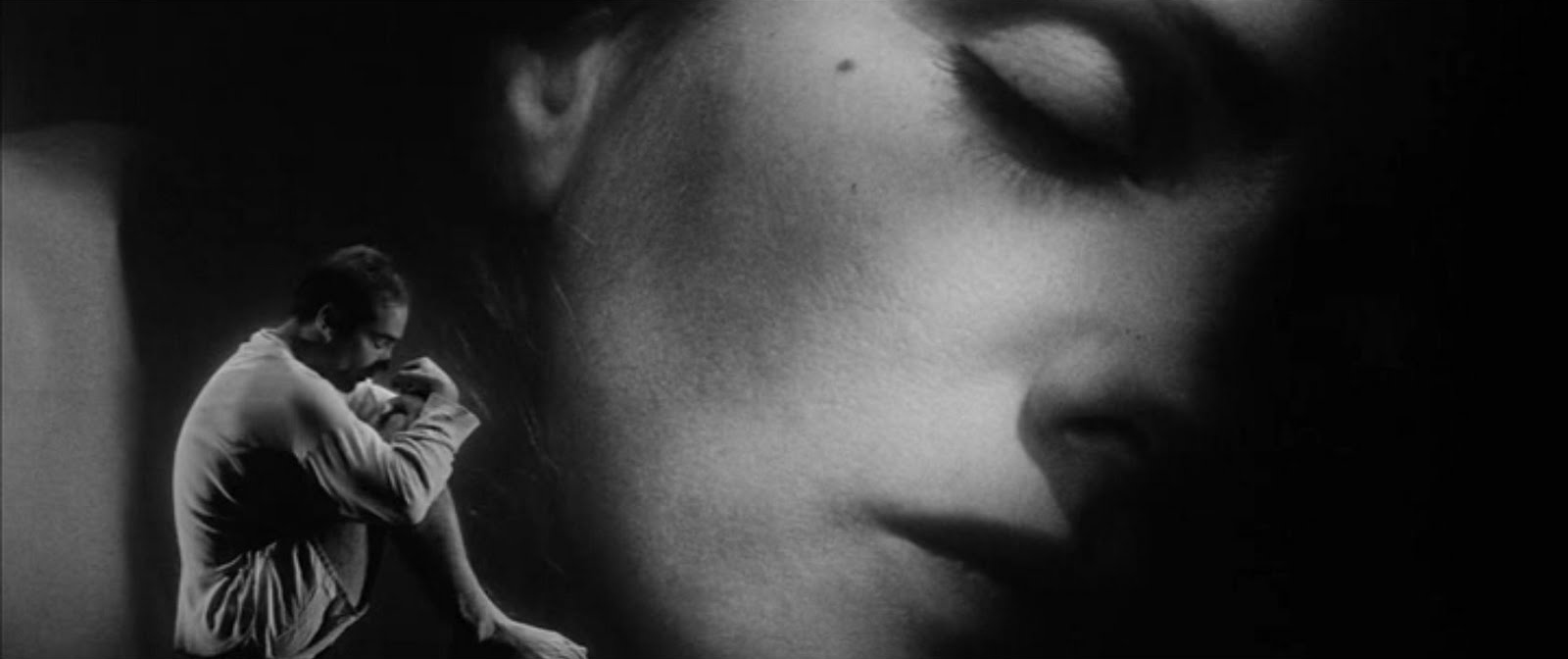
The film is set in Germany in 1945, immediately after the fall of the Third Reich. The country lies in ruins, occupied by Allied forces but still fractured by the presence of Nazi sympathizers known as the Werewolves, who continue their resistance in the shadows. Against this backdrop of devastation and uncertainty, von Trier tells a story that is as much psychological as it is political.
Germany in Europa is not portrayed realistically, but instead through dreamlike cinematography — black-and-white imagery often interrupted by sudden bursts of color, overlapping projections, and hypnotic voiceovers. This surreal style creates an atmosphere of disorientation, reflecting both the fractured state of post-war Europe and the conflicted minds of the characters.
🛤️ Plot Overview
The story follows Leopold Kessler (Jean-Marc Barr), a young, idealistic American of German descent who arrives in Frankfurt hoping to help rebuild the nation. He takes a job as a sleeping-car conductor with the Zentropa railway company, which operates trains across war-torn Germany.
On the trains, Leopold encounters the wealthy Katharina Hartmann (Barbara Sukowa), daughter of the company’s owner. Their relationship quickly deepens, and Leopold finds himself drawn into a world of intrigue, deception, and political unrest. As he tries to remain neutral, he is gradually pulled into the violent activities of the Werewolves and the manipulations of those around him.
The film unfolds like a dream — or a nightmare. Leopold’s moral struggle becomes more complex as his attempts to stay innocent collapse under the weight of history, personal desire, and political manipulation. His love for Katharina intertwines with betrayal, and his fate becomes inescapably tied to the darkness of post-war Germany.
🎭 Performances
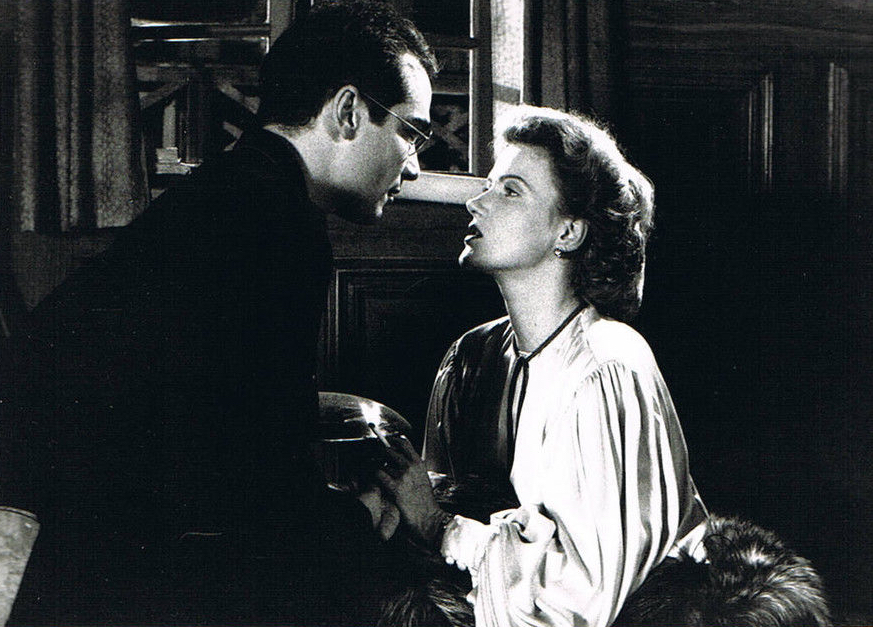
-
Jean-Marc Barr delivers a compelling performance as Leopold, embodying innocence, vulnerability, and the tragic naivety of someone caught in forces beyond his control.
-
Barbara Sukowa is mesmerizing as Katharina, portraying a character who is both seductive and dangerous, torn between loyalty to her family and her own survival.
-
Supporting roles, including Udo Kier and Ernst-Hugo Järegård, bring depth to von Trier’s bleak vision of a fractured society.
🎥 Style and Direction
Europa is most famous for its experimental cinematic techniques. Lars von Trier uses a mix of black-and-white and color sequences, rear-projection effects, and a hypnotic narration by Max von Sydow that guides the audience into a dreamlike trance. The opening monologue, in which Sydow counts backwards and tells the viewer, “You are in Europa,” is one of the most iconic moments in European cinema.
The film’s disorienting visuals and layered sound design are not just stylistic choices; they emphasize the themes of control, manipulation, and inevitability. Von Trier doesn’t simply tell a story — he immerses the audience in an experience that is both unsettling and unforgettable.
🏆 Critical Reception
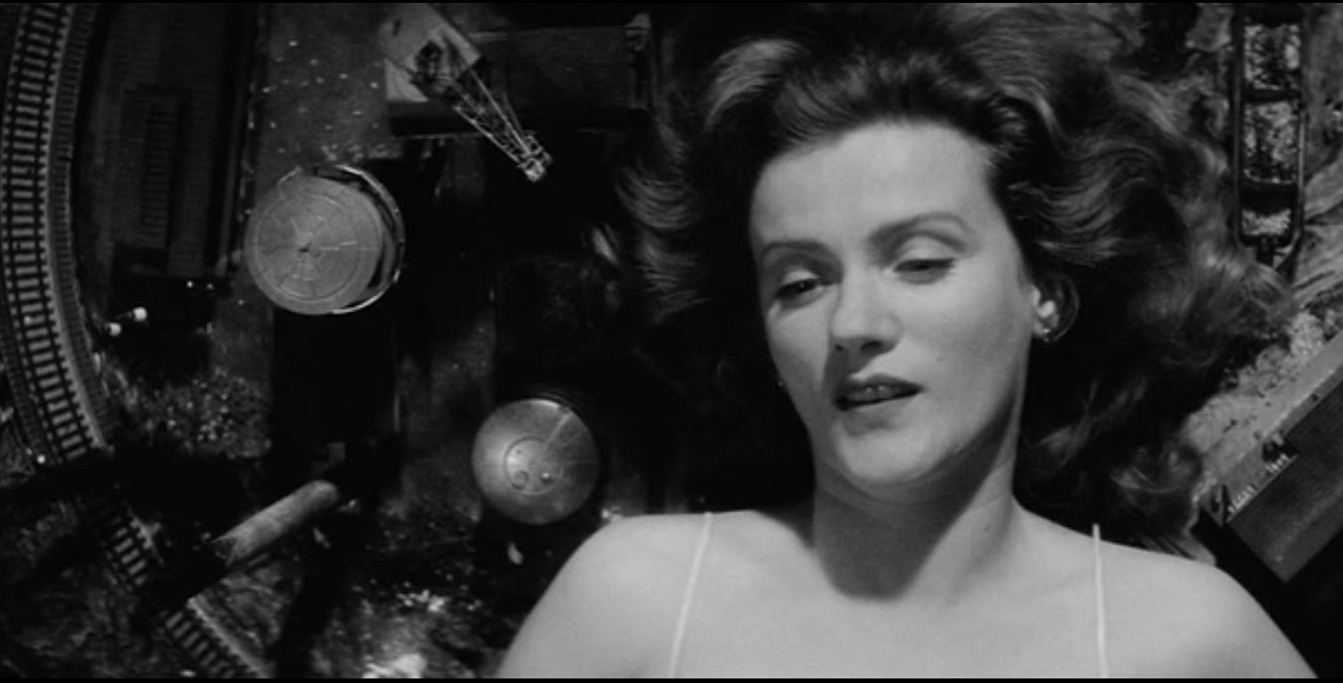
Europa premiered at the 1991 Cannes Film Festival, where it won the Jury Prize, the Technical Grand Prize, and the Best Artistic Contribution Award. Although it did not win the Palme d’Or, it cemented Lars von Trier’s reputation as a daring and innovative filmmaker. Critics praised the film for its stunning visuals and bold experimentation, though some found its narrative cold and alienating. Today, it is considered a cult classic and a prime example of European art cinema of the 1990s.
✨ Conclusion
🎬 Europa (1991) is a mesmerizing blend of history, politics, and surrealist cinema. It’s not a conventional war drama but a hypnotic exploration of guilt, memory, and manipulation in the ruins of post-war Germany. With unforgettable performances, breathtaking visuals, and Lars von Trier’s bold artistic vision, the film remains a cornerstone of arthouse cinema and a haunting experience that lingers long after the credits roll.
Related movies :





